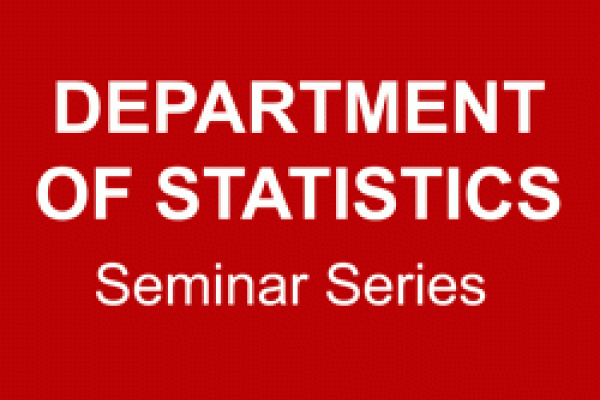
Title
Handling Sparsity via the Horseshoe
Speaker
Carlos Carvalho, The University of Chicago Booth School of Business
Abstract
In this talk, I will present a new approach to sparse-signal detection called the horseshoe estimator. A theoretical framework is proposed for understanding why the horseshoe is a better default sparsity estimator than those that arise from powered-exponential priors. Comprehensive numerical evidence is presented to show that the difference in performance can often be large. Most importantly, I will show that the horseshoe estimator corresponds quite closely to the answers one would get if one pursued a full Bayesian model-averaging approach using a point mass at zero for noise, and a continuous density for signals. Surprisingly, this correspondence holds both for the estimator itself and for the classification rule induced by a simple threshold applied to the estimator. For most of this talk I will study sparsity in the simplified context of estimating a vector of normal means. It is here that the lessons drawn from a comparison of different approaches for modeling sparsity are most readily understood, but these lessons generalize straightforwardly to more difficult problems--regression, covariance regularization, function estimation--where many of the challenges of modern statistics lie. This is joint work with Nicholas Polson and James Scott.
Meet the speaker in Room 212 Cockins Hall at 4:30 p.m. Refreshments will be served.
